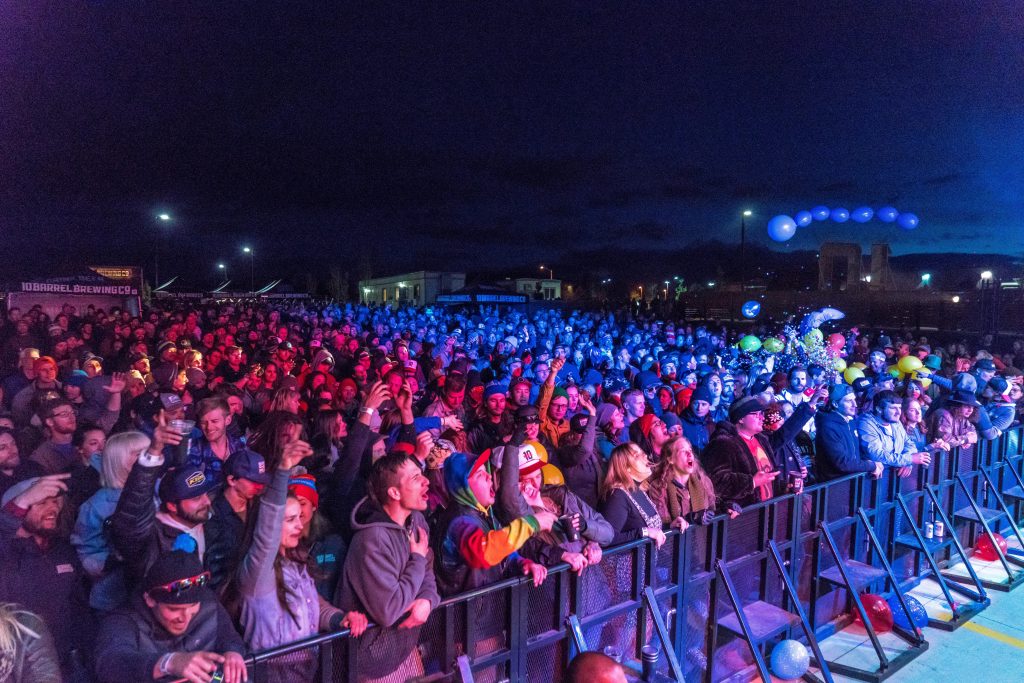
The music industry has always been dynamic, constantly evolving to adapt to new technologies and changing consumer preferences. In recent years, advancements in digital technology, streaming platforms, and social media have revolutionized the way we create, consume, and distribute music. As we look towards the future, it is crucial for artists, labels, and industry professionals to embrace these technological advancements and stay ahead of the curve to thrive in an ever-evolving landscape.
In this article, we will explore the future of the music industry, discussing emerging trends, the impact of technology, and the changing role of artists and listeners
- Streaming and Digital Platforms
- Virtual Reality (VR) and Augmented Reality (AR)
- Fan Engagement and Social Media
- Independent and DIY Artists
Streaming platforms have become the dominant force in the music industry, with services like Spotify, Apple Music, and YouTube Music leading the way. In the future, streaming will continue to grow as consumers increasingly shift towards accessing music on demand rather than owning physical copies.
Artists and labels need to adapt to this new reality by focusing on building a strong online presence, optimizing their music for streaming platforms, and leveraging data analytics to understand their audience better. Collaborative playlists, curated content, and personalized recommendations will play a crucial role in connecting artists with listeners.

Virtual Reality (VR) and Augmented Reality (AR) technologies have the potential to revolutionize the live music experience. VR concerts and immersive experiences allow fans to attend live shows from the comfort of their homes, breaking down geographical barriers and expanding artists’ reach. AR can enhance live performances by overlaying visual effects, interactive elements, and real-time information.
As VR and AR technologies become more accessible, artists can create unique and immersive experiences that transcend traditional concert formats. This opens up exciting opportunities for collaboration between musicians, visual artists, and tech innovators.
Artificial Intelligence (AI) is increasingly being used in music creation, from generating melodies and harmonies to composing entire songs. AI-powered tools can now mimic the style of famous artists, analyze data to identify hit potential, and help with the production process. While AI-generated music is not without controversy, it presents a new frontier for artists to experiment with and push creative boundaries.
However, it’s important to note that AI will never replace human creativity and the unique emotional connection that artists bring to their work. Instead, AI can serve as a tool for inspiration and innovation, assisting artists in their creative process.

Social media has transformed the way artists interact with their fans and build a loyal following. Platforms like Instagram, Twitter, and TikTok provide artists with direct access to their audience, allowing for real-time engagement, fan Q&A sessions, and behind-the-scenes content.
In the future, social media will continue to play a vital role in promoting and marketing music. Artists will need to develop their personal brand, create engaging content, and foster a sense of community among their fans. Collaboration with influencers and leveraging user-generated content will also be key strategies to expand reach and connect with new audiences
The rise of digital platforms and self-distribution options has empowered independent artists to take control of their careers. With the ability to release music independently, artists can retain creative control, maximize revenue streams, and build a dedicated fanbase.
In the future, we can expect to see more independent and DIY artists thriving in the music industry. However, it will also create a highly competitive landscape, where artists need to invest in their craft, marketing, and brand development to stand out from the crowd.
The future of the music industry is exciting and filled with possibilities. As technology continues to advance, artists, labels, and industry professionals must embrace these changes and adapt their strategies to stay relevant. Streaming platforms, virtual reality, artificial intelligence, social media, and the rise of independent artists are just a few examples of the transformative trends shaping the industry.
Ultimately, the success of the music industry will always rely on the talent and creativity of artists, as well as the support and engagement of listeners. By embracing technological advancements, experimenting with new formats, and staying connected with their fanbase, artists can navigate the ever-evolving landscape and continue to create meaningful and memorable music experiences.
Are physical music formats like CDs and vinyl records going to become obsolete?
Physical music formats like CDs and vinyl records will continue to exist, albeit in smaller quantities. While digital streaming has become the dominant form of music consumption, some listeners still value the physicality and collectibility of physical formats.
How can artists benefit from the rise of streaming platforms?
Artists can benefit from streaming platforms by focusing on growing their listener base, optimizing their music for discoverability, and leveraging features like playlists and personalizedrecommendations. By utilizing data analytics, artists can gain insights into their audience and tailor their marketing strategies accordingly.
Can AI-generated music replace human Creativity?
AI-generated music can assist in the creative process, but it can never fully replace human creativity. The unique emotions, experiences, and perspectives that artists bring to their work cannot be replicated by artificial intelligence. Instead, AI can be used as a tool to inspire and enhance the creative process.
How can independent artists thrive in a competitive industry?
Independent artists can thrive in the music industry by focusing on quality music production, building a strong online presence, engaging with their audience through social media, and leveraging digital marketing strategies. Collaboration with other artists and influencers can also help expand their reach and connect with new listeners.
What role will social media play in the future of the music industry?
Social media will continue to play a crucial role in the future of the music industry. Artists can use platforms like Instagram, Twitter, and TikTok to directly engage with their fans, share behind-the-scenes content, and build a loyal following. Social media also provides opportunities for viral marketing and collaborations with influencers, expanding an artist’s reach and visibility.


